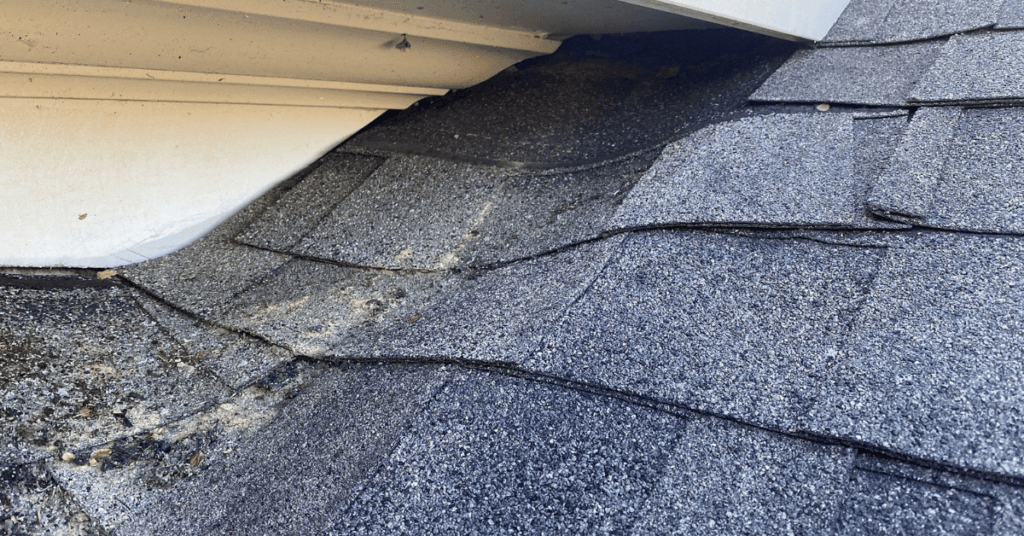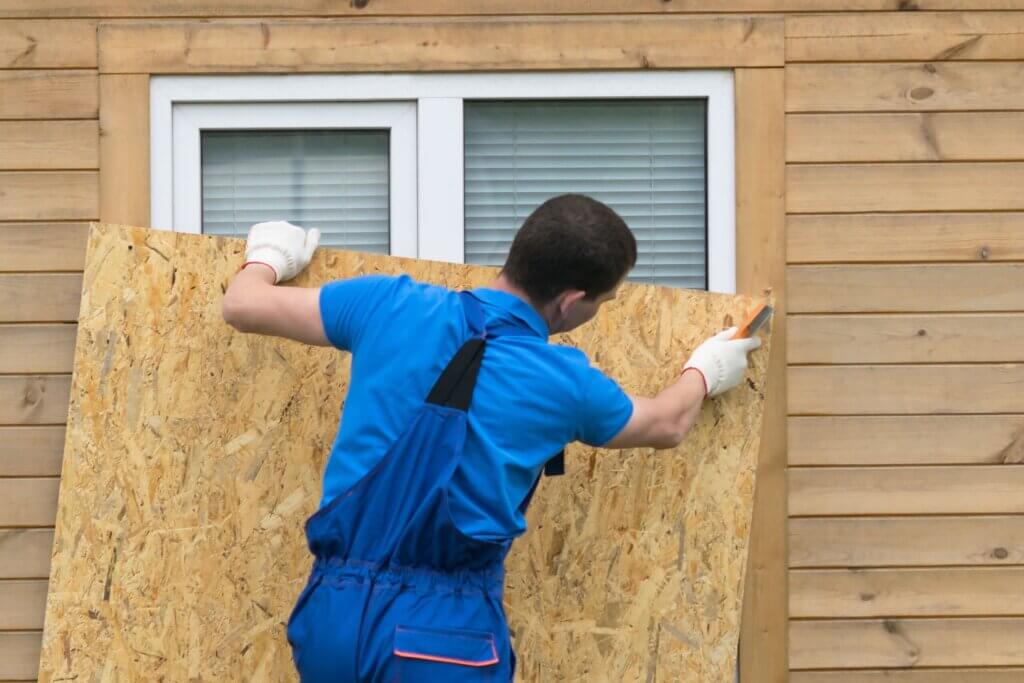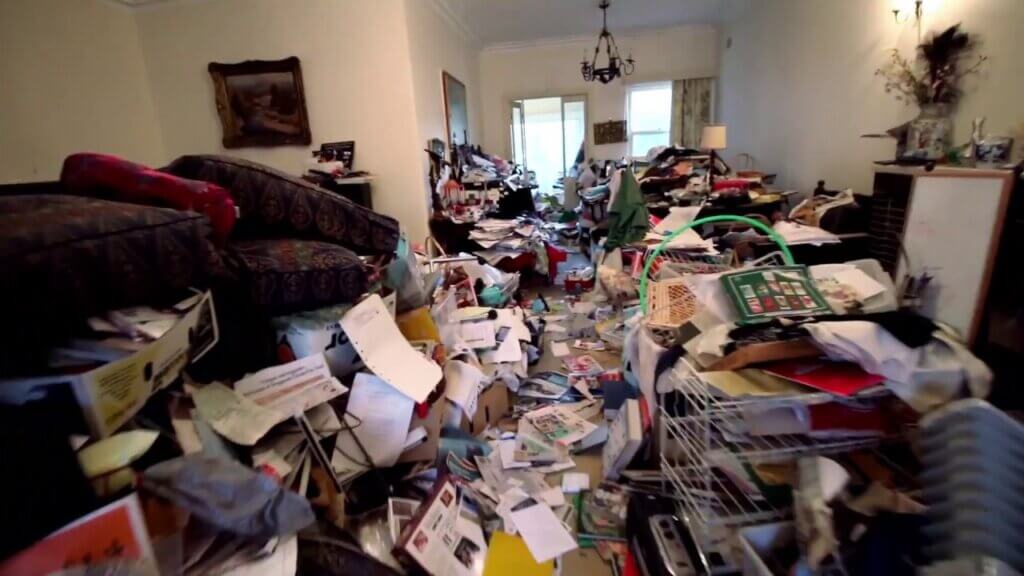
Heatwaves and Fires: Protecting Your Home During the Summer
Summer’s great and all—sunshine, pool days, BBQs with family and friends. But you know what’s not so great? The way extreme summer heat can seriously put your home at risk. We’re talking heatwaves, wildfires, power outages, and the kind of dry weather that can turn a little spark into a big disaster. At ERX (Emergency Restoration Xperts), we’ve seen firsthand what summer damage can do to homes and families. So let’s break down how you can keep your house (and everyone in it) safe when temps start soaring. Why Summer Brings More Risk When it gets hot—really hot—your house takes a beating. Here’s why: When a heatwave rolls in, your home can go from safe to vulnerable pretty fast if you’re not prepared. Tip 1: Create a “Defensible Space” Around Your Home This just means clearing out flammable stuff near your house. Here’s how: Think of it like giving your











